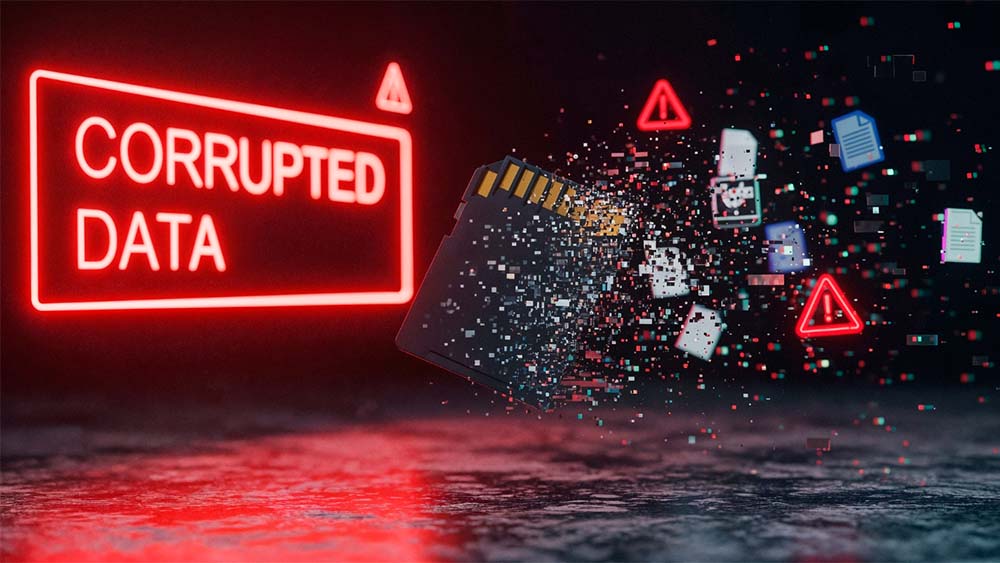Small businesses are especially vulnerable to ransomware attacks. As cybercriminals grow more sophisticated, ransomware–malicious software that encrypts a victim’s files and demands a ransom for their release–has become a pervasive problem. Small businesses are often easy targets because they lack the resources that large corporations do to fight off cybercriminals. This article will explore how ransomware can shut down small businesses and the impact it has. It will also discuss what small business owners can do to protect themselves.
What is ransomware?
Ransomware, a type of malicious software, infects the computer system of a victim and encrypts important files to make them unaccessible. The attacker will then demand a ransom in cryptocurrency in exchange for a decryption code that will unlock files. The attacker can threaten to leak or delete the files if the victim does not pay.
Ransomware is evolving, and the impact of it has become more serious. Cybercriminals use double-extortion techniques to extort ransoms. After encrypting data, they threaten to make it public if ransoms are not paid. Businesses, especially small businesses, are under pressure to pay up the ransom, in order to avoid both data loss and reputational damage.
Why are small businesses targeted?
Due to a variety of factors, small businesses are often easy targets for ransomware.
1. A Lack of Robust Cybersecurity
Many small businesses have tight budgets, and therefore may not be able to invest in cybersecurity measures. Some small businesses may lack basic defenses like firewalls, intrusion detectors, and encryption software. Small businesses that lack a cybersecurity team or dedicated IT staff are more vulnerable to cybercriminals.
2. Employees Not Getting Enough Training
Many small businesses do not provide adequate cybersecurity training to their employees. Ransomware is spread by phishing emails that trick employees into clicking malicious links or downloading infected files. Employees may not be aware of these threats and unknowingly allow attackers to access the network.
3. Outdated Software and Systems
Budget constraints may force small businesses to use obsolete software and hardware. Security updates for older operating systems and applications often stop being provided, leaving businesses vulnerable to known vulnerabilities. Cybercriminals often target these vulnerabilities in their ransomware campaign.
4. No backup protocols
A ransomware attack can mean the difference between a minor inconvenience or a disaster that could end your business. Many small businesses don’t have a backup strategy or store their backups incorrectly, which makes it impossible to retrieve their data.
5. Perception is “Low Hanging Fruit”
Small businesses are often viewed as easy targets by ransomware hackers, who know that they lack the expertise or resources to defend themselves effectively. Cybercriminals often use automated tools that target large numbers of businesses simultaneously, making it easy for them to identify vulnerable targets.
Small Businesses: The Impact of Devastating Events
The consequences of a ransomware attack on a small company can be devastating. Here are some ways that ransomware can cause a small company to shut down:
1. Loss Critical Data
To operate efficiently, small businesses rely heavily on sensitive data, such as customer information, financial records and product designs. Ransomware attacks can make this data unreachable, causing major disruption. Businesses may lose important data permanently if they cannot recover it, or if an attacker deletes the data after paying the ransom.
2. Operational Disruption
After ransomware has encrypted files in a business, employees cannot access the critical systems and tools they need to do their jobs. This can lead to halted operations and unprocessed order, as well as delayed services and significant productivity loss. Even a few days’ downtime for some small businesses can be devastating to their revenue and reputation.
3. Financial Strain
Small businesses are often faced with additional financial stress after a ransomware incident. These costs can range anywhere from a few thousands to millions of dollars. Costs include:
-
Data recovery is often difficult and requires the hiring of cybersecurity experts who can decrypt files or rebuild system.
-
Legal fees may be charged if data of customers or employees is compromised.
-
Fines for exposing sensitive data.
-
Reputational damage can be repaired by restoring the reputation of a business through damage control and public relations.
If the ransom isn’t paid, attackers may threaten to extort the business, and leak sensitive information, which could cause further damage to its finances.
4. Reputation and Trust Damage
Ransomware can seriously damage the reputation of a company. Trust can be damaged if personal information of customers is compromised, or if services are interrupted for an extended time. A breach can have a significant impact on the relationships between small businesses and their customers. This could lead to customer loss or long-term financial implications.
Even a small-business attack can garner significant attention in the age of social networking, amplifying reputational damage. This can lead to a loss in business partnerships as some companies are reluctant to work alongside a company that has suffered a cyberattack.
5. Legal and Regulatory Questions
In many industries, strict data protection laws are in place (such as the GDPR in Europe or HIPAA here in the U.S.). Small businesses may face heavy fines and lawsuits if a ransomware incident results in a breach of data that exposes personal information. These legal issues could prolong the recovery and increase financial pressure for the company.
6. Double Extortion
Many modern ransomware uses double-extortion techniques, where they not only encrypt files, but also steal sensitive data. Attackers threaten to sell or release the stolen data if they don’t receive the ransom. Small businesses are put in a difficult situation: even if their data is recovered, they may still suffer severe financial and reputational damage if it’s made public.
How small businesses can protect themselves
Small businesses are often the prime targets of ransomware attacks. However, they can reduce their risks and minimize any impact in case an attack does occur.
1. Regular Data Backups
Backups should be performed regularly, and data stored in several locations including cloud-based or offline services. Test your backups to make sure they can be quickly restored if needed.
2. Cybersecurity Training
Regularly train employees on cybersecurity best practices. This includes how to identify phishing emails, and how to avoid malicious links or attachments. This is a simple, but effective method to stop many ransomware threats.
3. Update your software and systems
Update all applications, operating systems and software regularly to fix known vulnerabilities. Automated systems for patch management can ensure that this is done consistently.
4. Implement Endpoint Protection
Use antivirus and antimalware software in order to detect and stop ransomware from encrypting files. To stay on top of new threats, endpoint protection software must be updated with the latest definitions.
5. Take Strong Security Measures
Secure your critical business systems and data by implementing strong password policies, 2-factor authentication and encryption. Cybercriminals will find it more difficult to access your systems if you implement strong password policies, two-factor authentication and encryption.
6. Create an Incident Response plan
Create and test an incident response plan that is detailed to ensure an organized, quick response in the case of a ransomware infection. This plan should include steps to isolate infected systems and communicate with stakeholders. It also includes working with cybersecurity experts on the resolution of the attack.
The conclusion of the article is:
Ransomware, an increasingly common threat, can put a small company in danger, not only by causing financial losses but also irreparable damage to their reputation, trust and long-term viability. Small businesses’ ability to recover from attacks of this nature depends on their preparedness and cybersecurity measures as well as incident response plans. Small businesses can improve their chances of surviving in a hostile digital environment by proactively adopting effective cybersecurity strategies.








